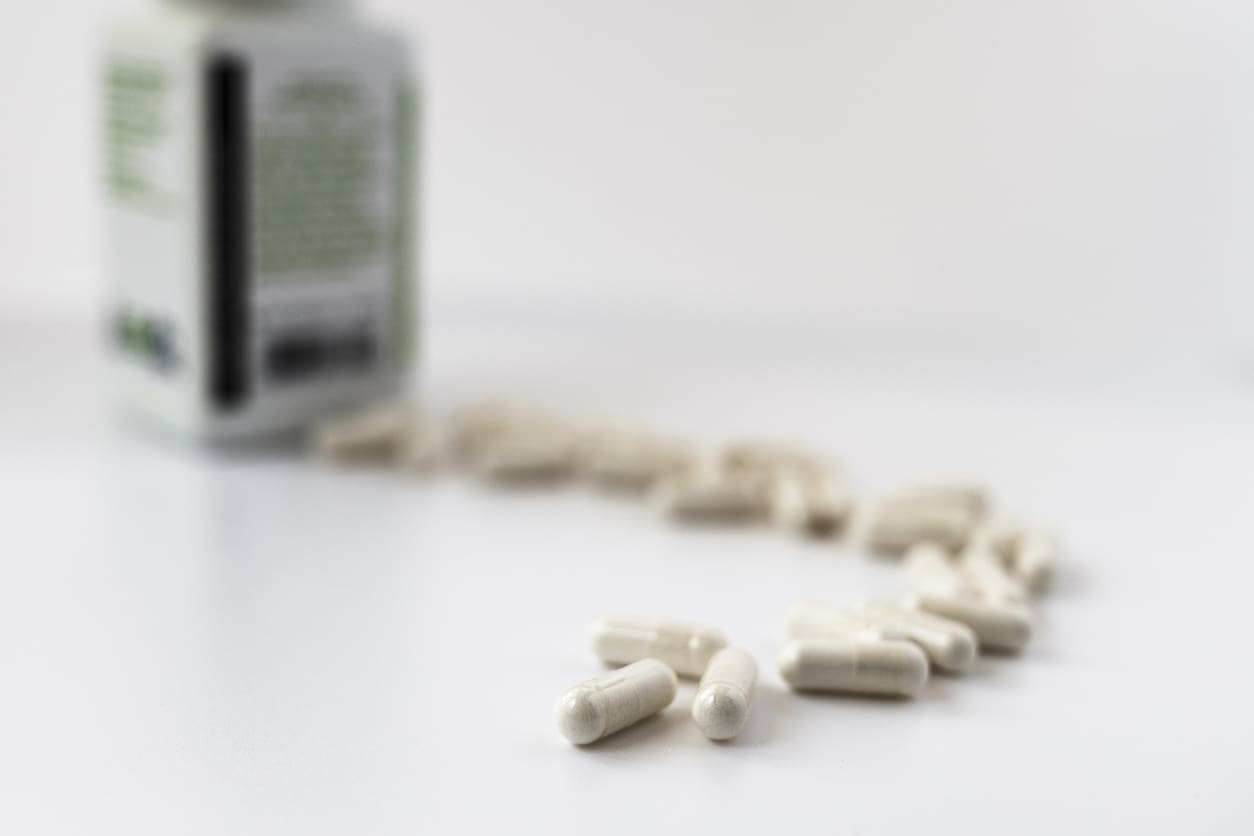What is lithium and how does lithium help depression? You may know lithium as an organic element on the periodic table of elements. However, lithium is also a mood stabilizer—a drug used to treat mood disorders like bipolar disorder. Adopted by modern psychiatry in 1949, lithium has mainly been considered a treatment for bipolar disorder, mania, and hypomania. Lithium has also been used as an augmentation treatment for depression.
What is Lithium Augmentation Therapy?
Augmentation treatment simply means that a second drug is added to an antidepressant treatment regimen. This additional drug is added when there is no response or, more commonly, only a partial response to an antidepressant.
Aside from lithium, other augmentation agents include thyroid hormones, atypical neuroleptics, and anticonvulsants like lamotrigine, stimulants, and buspirone. Although several drugs are available to treat major depression, at least 30-50% of people with Major Depression will not respond sufficiently to treatment with a single antidepressant.
More than 30 studies and 10 placebo-controlled double-blind trials have shown the substantial success with lithium augmentation in the acute treatment of depressive episodes. Throughout all of these studies, 5 of them did not show much improvement with Lithium augmentation, likely due to insufficient doses or too short a treatment duration. Doses of Lithium that were higher than 600 mg a day over the course of 7 days were the most effective in augmentation therapy.
Lithium salts have been used to augment antidepressants for the past 25 years. A study found that within 48 hours, 8 patients, who had previously shown no response to tricyclic antidepressants had a dramatic response to lithium salts.
A study of 29 patients with unipolar major depressive disorder received Lithium augmentation and a placebo over a 6-week period. In the placebo group, 7 of the 15 patients relapsed while none in the Lithium group experienced a relapse.
How Does Lithium Work?
Lithium’s underlying mechanism is still unclear, but possibilities include its modulation of serotonin neurotransmission and endocrine systems. From animal studies, research shows that there was an increase in serotonin levels when Lithium was added to the treatment plan along with the SSRI citalopram.
When Should I Partake in Lithium Augmentation?
When Antidepressants Aren’t Working
The nonresponse or the late onset of therapeutic response to antidepressants remains to be one of the major concerns in clinical practice. To address this concern, augmentation therapy aims to enhance treatment for depression.
Besides late or non-response to antidepressants, there are other factors that could make lithium augmentation the route for you. Instead of switching from one antidepressant to another, adding lithium to a treatment regimen can be an alternative. Lithium augmentation eliminates the need for a transition period between antidepressants, along with the risks that may come with it.
Augmentation can also work faster than other methods and is great for patients who have had a positive partial response and don’t want to backslide in their treatment.
Benefits of Lithium for Depression
In a study with 71 depressed patients, those with more severe depressive symptoms were more likely to respond to the addition of Lithium. When lithium augmentation works for a patient, the response is usually rapid. Treatment should be continued for at least 12 months, or longer for patients with recurrent depression.
Side Effects of Lithium Augmentation
Although augmentation with Lithium can often be effective as evidenced in the previously discussed studies, unfortunately, Lithium can be a challenging medication to take due to its numerous common side effects and required routine blood tests conducted at least every 3-4 months that are required to monitor its level and to screen for the possible development of its negative impact on organs such as the Thyroid gland and the Kidneys. The most common side effects of Lithium are:
- Weakness and sedation
- Poor concentration and Cognitive Dullness
- Diarrhea
- Tremor (primarily of the hands)
- Nausea and Vomiting
- Slurred Speech
- Confusion
- Weight Gain
- Excessive Urination and Thirst
- Sexual Dysfunction
- Acne
- Psoriasis
Especially with long-term use, lithium can cause Hypothyroidism and Chronic Kidney Disease, specifically chronic tubulo-interstitial nephritis of the kidneys, which is characterized by a decrease in the glomerular filtration rate (GFR).
Consider TMS
Given that Lithium has so many side effects and potential toxicities, it is important to consider other treatment options like TMS when antidepressants are not adequately relieving symptoms of Depression. At Mid City TMS, we can help you explore alternative treatment options for treatment-resistant major depression. Learn more about our transcranial magnetic stimulation (TMS) and join the hundreds of patients that have found relief from depression under Dr. Bruno’s care. Contact us with any questions you have or to schedule an appointment today.



